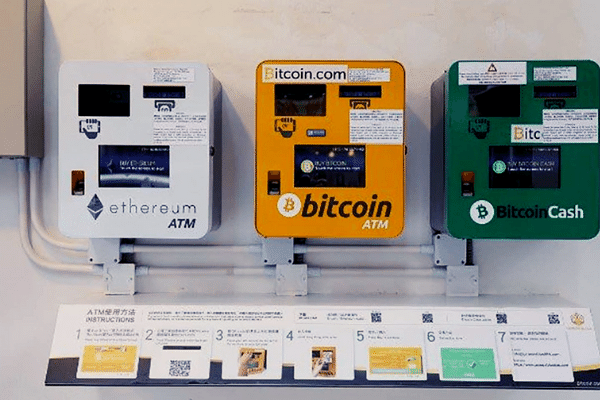
- Today, as Russian forces amass along the long border with Ukraine, investors are finding comfort once again in gold, with the precious metal advancing to an eight-month high over US$1,900, on concerns over a prolonged standoff.
- But with the U.S. Federal Reserve set to raise rates, it’s less clear if the recent rally in gold can be durable and if nothing else, gold is likely to remain volatile.
Without gold, the Battle of Waterloo could have ended very differently. As gold coins poured into England from across the world on Rothschild ships, the Duke of Wellington was able to pay the combined army of soldiers from various nations, that helped to defeat French forces under the leadership of Napoleon.
Today, as Russian forces amass along the long border with Ukraine, investors are finding comfort once again in gold, with the precious metal advancing to an eight-month high over US$1,900, on concerns over a prolonged standoff.
Almost every other day, Washington is warning that a Russian invasion of Ukraine is imminent, with U.S. President Joe Biden saying a “false-flag” event may be under way to give Moscow the excuse to retaliate against Kyiv.
Amidst soaring inflation, gold was off to a strong start this year, but the possibility of a European conflict has buoyed prices even more in recent weeks.
But with the U.S. Federal Reserve set to raise rates, it’s less clear if the recent rally in gold can be durable and if nothing else, gold is likely to remain volatile.
In the event that Russian forces invade Ukraine, gold could see another rally, but a commitment by major central banks to put a lid on inflation through tighter monetary policy could see a cap to that upside as well.
Both Goldman Sachs (-3.05%) and Citigroup (-3.35%) analysts had forecast gold to hit US$2,300 this year, but efforts by central bank to tamp down inflationary pressures has so far prevented that outcome from materializing.
Ultimately, higher real yields and stronger equities will weigh on gold prices, and while gold used to be payment for wars, a lack of conflict could see demand recede.



